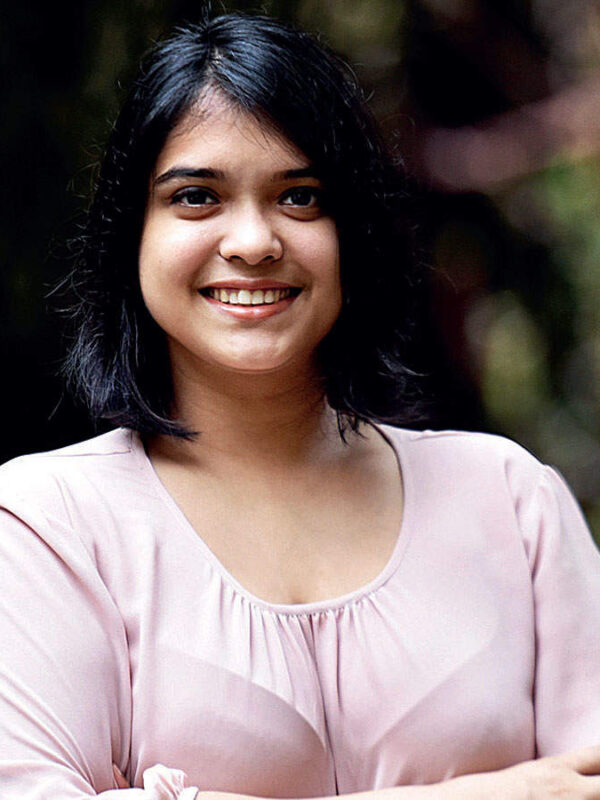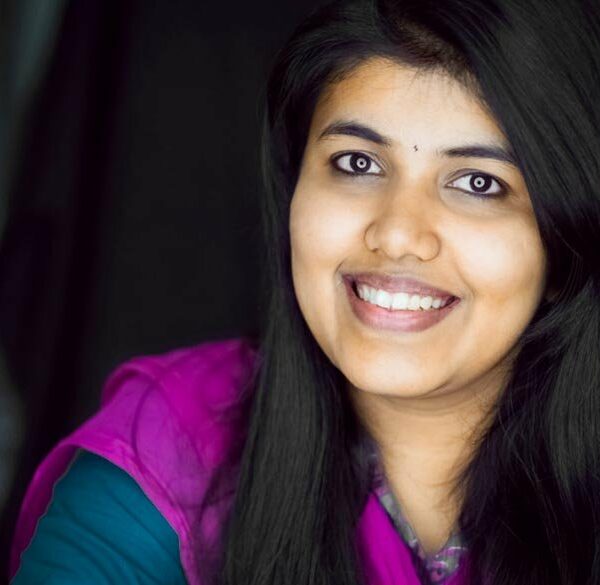In a world where cinema is not just treated as entertainment but also as a way to escape reality, ironically some movies aim only towards bringing out the real picture of society and sometimes they even manage to hit the right chord. Parched is one such slap of reality that hits us hard.
The movie doesn’t try to show something rare, unrealistic or unique, rather it just portrays the harsh reality of rural India that we, the people living a city life tend to be ignorant about.
In the very beginning of the movie, the director provides the audience with a pinch of crime and violence against women and how they are all ignored blatantly because of “What society will say!”
The movie revolves around the lives of three women living in a small village of Rajasthan.

Lajjo (Radhika Apte), a lively, talented and fun loving woman whose only flaw is to not be able to conceive after being married for long. Rani (Tannishtha Chatterjee), a widow and another victim of child marriage, who thinks that the end to her problem is to get her son married and then handing over house chores to her daughter-in-law. The third character is of Bijli (Surveen Chawla) who is a prostitute and a dancer, but an opinionated, independent and confident woman.
The director uses characters in this movie to highlight different issues that we all know about yet are afraid to face them.
Through Lajjo, Director Leena Yadav highlights the issue of the stereotypical and hypocritical nature of our society towards infertility and impotency. Lajjo has been criticized, beaten and tortured by her husband for not being able to bear a child but the fact that nobody has ever questioned her husband of impotency, or that the women in the rural areas are unaware of the fact that a possibility exists of a man being impotent; reveals that our society is not yet ready to accept the fact that impotency isn’t a woman’s “fault”.
Rani, the widow, who is also a close friend of Lajjo, is herself the victim of child marriage and after losing her husband in an accident, wears black throughout the movie and lives the life of a widower.
Her black clothes shout out that she is a widow and she’s not allowed to live a “colorful” life again.

But the fact that the director has utilized Rani’s character to highlight the evil hierarchal practices that child marriage brings along, is commendable.
A scene where Janaki (Rani’s young Daughter-in-law) worries more about her doll falling down on the bus, rather than people around her seeing her short hair, is yet another beautiful symbolism used by the director to highlight the innocence at that age.
Rani, considers everything to be a matter of fate and let’s her son molest the new bride as a ritual that she had gone through as well.
But it is when she is reminded of her own past and the violence that she had faced, she realizes that all that’s been happening is not fate but her own surrender to a gender that the society has always considered superior in nature.
Amidst all this, it’s Bijli’s character that gives strength and a feeling of liveliness to Lajjo and Rani. Though she is a prostitute and is not seen highly of by the society, her spirit is something that could not be brought down by anything or anyone.

Bijli was herself a prey to child prostitution. To her, friendship with Rani is the most important part of her life and which is clearly visible in the entire movie, as she stands by Rani in spite of being approached by her husband and her son.
Another greater issue that this movie has very silently yet strongly highlighted is the stereotypical attitude of our society toward North East Indians. The part where Naobi, (a woman who belonged to the northeast, married to the Kishan, A Rajasthani Local) is called as a foreigner, highlights the cultural and regional differentiations.
In all, Leena Yadav’s movie is not a solution to the patriarchal attitude of our society, but a reflection of it.
Everything in the movie, from its symbolisms to its dialogues, all comes out as a testimony to the fact that feminism still has got a long way to go.
Parched is a success because of its direction and the brilliant performances by the actors.












